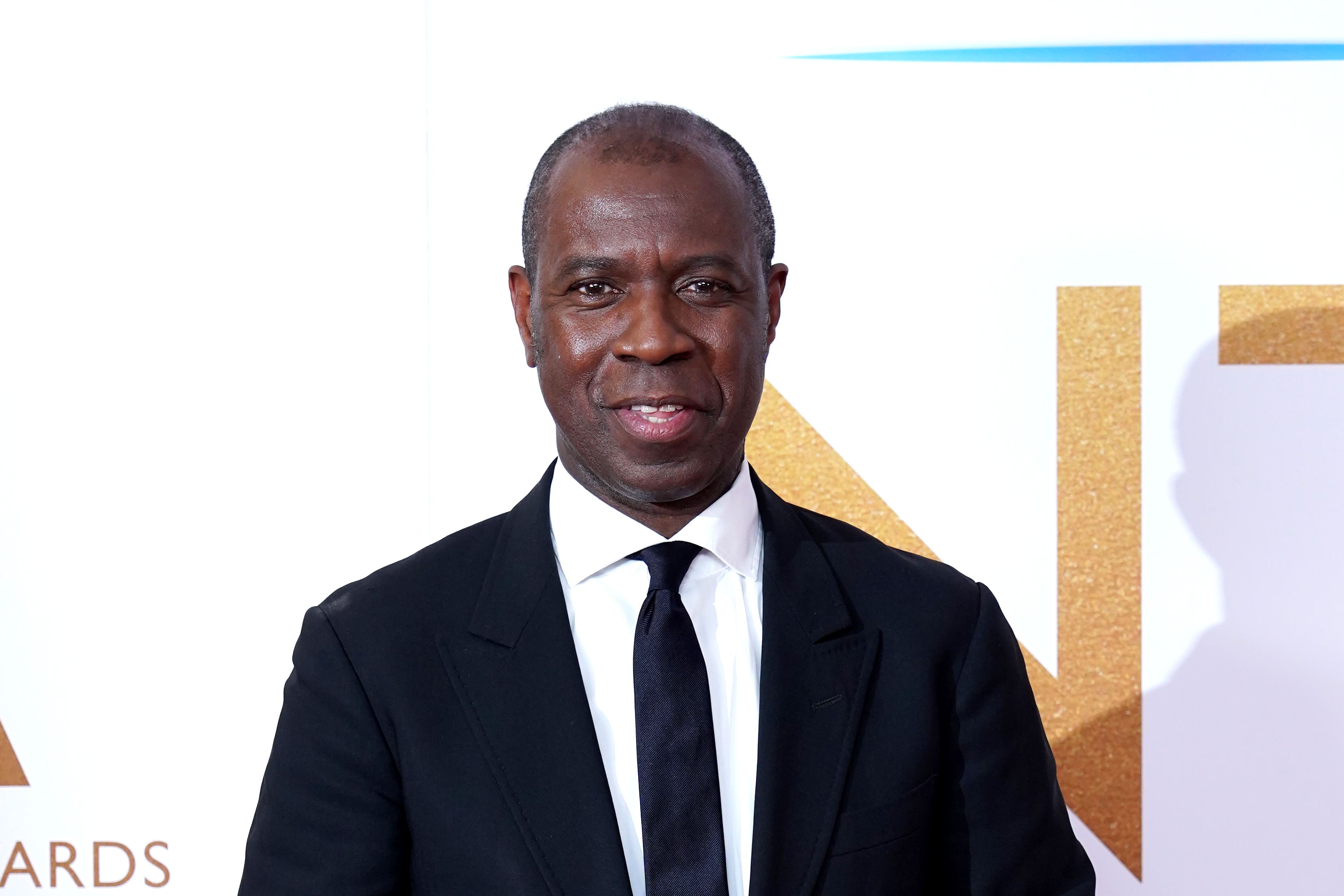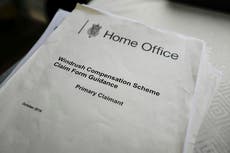BBC’s Clive Myrie slams Windrush scandal ‘an utter disgrace’ that badly affected his family
Mastermind presenter grew up the son of Windrush generation parents from Jamaica
Your support helps us to tell the story
From reproductive rights to climate change to Big Tech, The Independent is on the ground when the story is developing. Whether it's investigating the financials of Elon Musk's pro-Trump PAC or producing our latest documentary, 'The A Word', which shines a light on the American women fighting for reproductive rights, we know how important it is to parse out the facts from the messaging.
At such a critical moment in US history, we need reporters on the ground. Your donation allows us to keep sending journalists to speak to both sides of the story.
The Independent is trusted by Americans across the entire political spectrum. And unlike many other quality news outlets, we choose not to lock Americans out of our reporting and analysis with paywalls. We believe quality journalism should be available to everyone, paid for by those who can afford it.
Your support makes all the difference.BBC newsreader Clive Myrie has spoken of how the Windrush scandal hit his family as he called the Home Office policy an “utter disgrace”.
The broadcaster, 59, talked in an upcoming book Everything Is Everything: A Memoir Of Love, Hate & Hope, about how his two half-brothers were affected.
Born and raised in Bolton, Greater Manchester, Myrie grew up the son of Windrush-generation parents from Jamaica.
He claimed in extracts, published in The Times, that one half-brother, Lionel, had been denied benefits and healthcare but was able to prove that he was in a school choir due to a pre-1971 Bolton Evening News photograph.
The BBC Mastermind presenter said Lionel was still awaiting both compensation and a British passport.
Another half-brother, Peter, was unable to travel to Jamaica with his daughter to show her the Caribbean country and died before he could go following a prostate cancer diagnosis, according to Myrie.
In the book, the journalist said he was “angry and also ashamed of my own country” as a result of the experience.
He told the newspaper: “We’re all agreed that what has happened is a complete and utter disgrace – the question is: what do you do about it?
“I’m still hoping society understands what happened and tries to rectify it. You know, these people need restitution and that hasn’t happened yet – even though we all agree that something needs to be done.”

Speaking about what the public will think of his personal experience, Myrie said: “That’s interesting, isn’t it? The shock will probably come because people think they know me. But it could have happened to anyone with relations who came here under the Nationality Act.
“It could have happened to the family of (broadcaster Sir) Trevor McDonald, (comedian Sir) Lenny Henry, (footballer) Marcus Rashford. That’s the thing.”
In 2017, it began to emerge that hundreds of Commonwealth citizens, many of whom were from the Windrush generation, had been wrongly detained, deported and denied legal rights.
It saw many British citizens, mostly from the Caribbean, denied access to healthcare and benefits and threatened with deportation despite having the right to live in the UK.
Recently, the Equality and Human Rights Commission (EHRC) extended a legally binding action plan set up to address the Home Office’s failures to comply with the law following the implementation of the “hostile environment” policy.
In July, a Home Office spokesperson said “our determination to right the wrongs of the Windrush scandal remains as strong as ever” and the Government department added it is committed to “robust and proportionate policies”.
Myrie, who has also been a foreign correspondent and travelled to cover the war in Ukraine, claims that someone at the BBC looked over his book with “with a fine-tooth comb” to ensure its impartiality.
The newspaper reports that Myrie makes reference to former prime minister Theresa May’s speech about “citizens of nowhere”, calling it “utter nonsense”.
He also said: “(The BBC) has to get it right in terms of public mood and opinion, because it’s paid for by everybody through the licence fee and if it doesn’t get the mood right, it’s finished.”
The Home Office has been contacted for comment.




